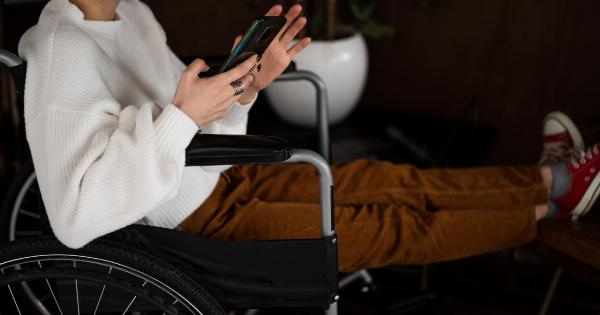Memory impairment is something that most of us experience as we grow older.
It can start with something as simple as misplacing items or forgetting appointments, and can progress to more serious issues such as forgetting names or the ability to perform familiar tasks. Memory loss is a common part of aging, and it is often associated with normal aging processes. However, it is important to understand that not all memory loss is normal, and some may be a symptom of a more serious condition.
What Causes Age-Related Memory Loss?
The actual cause of age-related memory loss is still not fully understood. There are many different theories about why it happens, such as changes in the brain, changes in neurotransmitters, and the effects of oxidative stress.
Some research suggests that the hippocampus, which is the part of the brain that is responsible for creating new memories, may shrink as we age, leading to memory problems. Other studies have suggested that changes in how the brain processes information may be responsible.
Risk Factors for Age-Related Memory Loss
There are several risk factors that may increase the risk of age-related memory loss. These include:.
- Family history of dementia or Alzheimer’s disease
- Smoking
- High blood pressure
- High cholesterol
- Diabetes
- Unhealthy diet
- Sedentary lifestyle
- Chronic stress
These risk factors can increase the likelihood of cognitive decline and may lead to more severe memory loss in later life. It is important to address these risk factors early, in order to protect cognitive health as we age.
Prevention Strategies
There are several strategies that have been shown to help prevent age-related memory loss.
Healthy diet
Eating a healthy diet is important for overall health. Some research suggests that certain foods may help protect the brain from age-related decline.
For example, a diet rich in omega-3 fatty acids, such as those found in fish, may help improve cognitive function. Antioxidants found in fruits and vegetables can also help protect brain cells from damage caused by free radicals.
Exercise
Exercise is also important for cognitive health. Studies have shown that regular exercise can help improve memory and cognitive function in older adults.
Exercise can also help reduce the risk of developing other conditions that can impact cognitive health, such as diabetes and high blood pressure.
Social engagement
Staying socially engaged is important for overall health and well-being. Social interaction has been shown to help improve cognitive function and may help protect the brain from age-related decline.
Cognitive stimulation
Cognitive stimulation, such as reading, crossword puzzles, or learning a new skill, can help improve cognitive function and prevent age-related memory loss.
Stimulating the brain helps keep it active and healthy, and may help protect it from cognitive decline.
When to See a Doctor?
If you or a loved one is experiencing memory problems or cognitive decline, it is important to see a doctor for a proper diagnosis. Memory loss can be a symptom of a more serious condition such as Alzheimer’s disease or dementia.
Early diagnosis and treatment can help slow the progression of these conditions and improve quality of life.
Conclusion
Age-related memory loss is a common part of aging, but it is not inevitable. There are many strategies that can help protect cognitive health and prevent memory loss, such as healthy diet, exercise, social engagement, and cognitive stimulation.
Understanding the risk factors associated with age-related memory loss and taking steps to address them early can help protect cognitive health as we age.



























